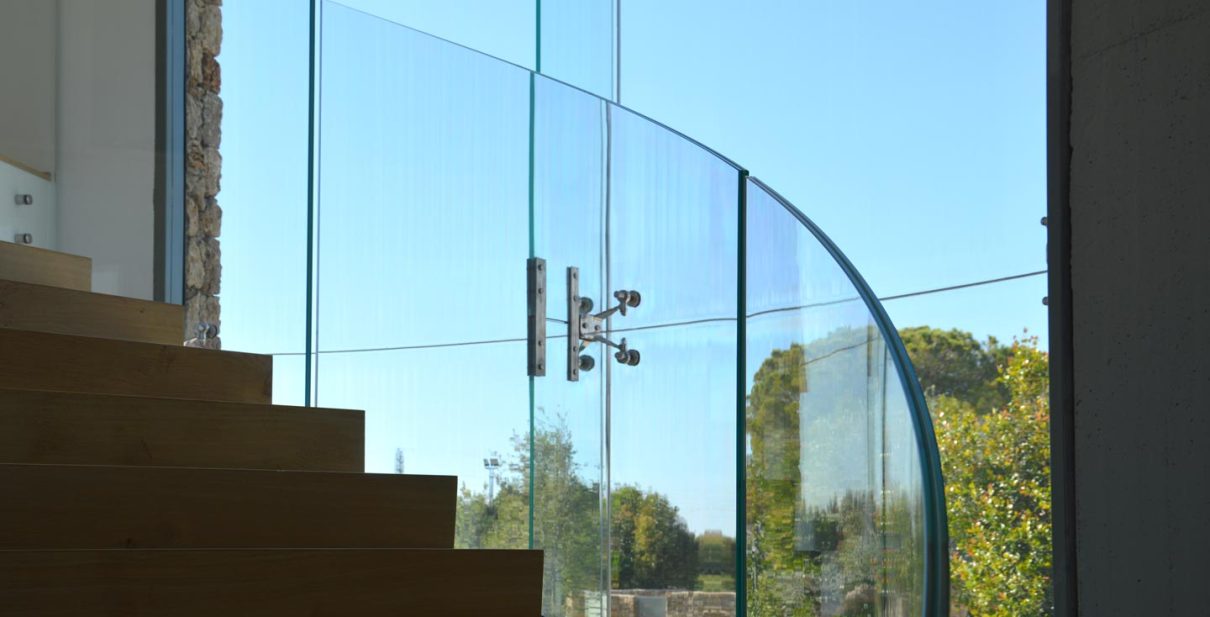- May 2, 2023
- by Grace
- Security Door
Examining the Benefits and Drawbacks of Glass Products
Glass is a multipurpose material that has been used for many years to make a variety of items, including windows and drinking glasses. Although it is a special material with many advantages, it also has some drawbacks. We’ll look at the benefits and drawbacks of glass items in this blog article and discover more about the characteristics of glass that make it a popular material in many different sectors.
Benefits of Glass-Based Products
Transparency: Because glass is transparent, light may readily flow through it. Due to this quality, it is a fantastic option for windows, doors, and other applications where visibility is crucial.
Durability: Glass is a sturdy, long-lasting substance that can tolerate high temperatures and impacts. It is the perfect material for items that need to survive for a long period because it is also resistant to chemical deterioration.
Flexibility: Glass may be shaped into a variety of sizes and forms to meet a range of requirements and applications. It may be used on anything, including skyscraper windows and drinking glasses.
Recyclability: Glass is 100% recyclable and may be recycled indefinitely without losing any of its quality. This quality makes it a sustainable option for those who care about the environment.
Appeal on a visual level: Glass has a distinct look that can give any object or setting a touch of class and refinement. It may be coated, colored, or etched to provide a variety of ornamental effects.
Simple maintenance and cleaning: Glass goods are a useful option for many applications due to their simplicity in both cleaning and maintenance. They can be washed with a variety of cleaners and do not absorb odors or stains.
Drawbacks of Glass-Based Products
Fragility: Glass is a delicate substance that can easily broken. Due to this characteristic, it cannot be used in applications that call for high impact resistance.
Heavy: When compared to other materials like plastic, glass is a rather heavy substance. This characteristic may prevent it from being used in situations where weight is an issue.
Heat transfer: Glass is a decent heat conductor but a poor insulator. This characteristic may cause substantial heat loss via windows and other glass goods, increasing energy use.
Manufacturing restrictions: Making glass goods may be difficult and expensive, especially when intricate forms and patterns are needed. This restriction may have an impact on the price and accessibility of some glass goods.
Environmental impact: Although recyclable, greenhouse gas emissions from the manufacture of glass may still be produced. Heavy glass product transportation can also have a substantial negative environmental impact.
In general, while choosing materials for certain purposes, it is necessary to take into account the limits of glass goods. Glass is still a well-liked and adaptable material in many sectors, despite some of these limitations being addressed by advancements in glass technology.
CONCLUSION
Glass is a versatile material with various advantages in many sectors, as can be shown by looking at the pros and disadvantages of glass goods. Transparent, strong, recyclable, and with a distinctively appealing look, glass has all of these qualities. Glass can be used for various applications, but it can also be brittle, heavy, and heat transfer heat poorly. Environmental effects may also result from the production and shipping of glass items.
Glass products are a popular choice for a variety of applications, including architectural, automotive, electronics, and consumer goods, despite these drawbacks. Manufacturers are coming up with innovative ways to enhance the functionality and sustainability of glass goods, thus extending their range of applications. In conclusion, glass goods are a useful material that will probably continue to be used for many years to come even if they may have certain disadvantages.



